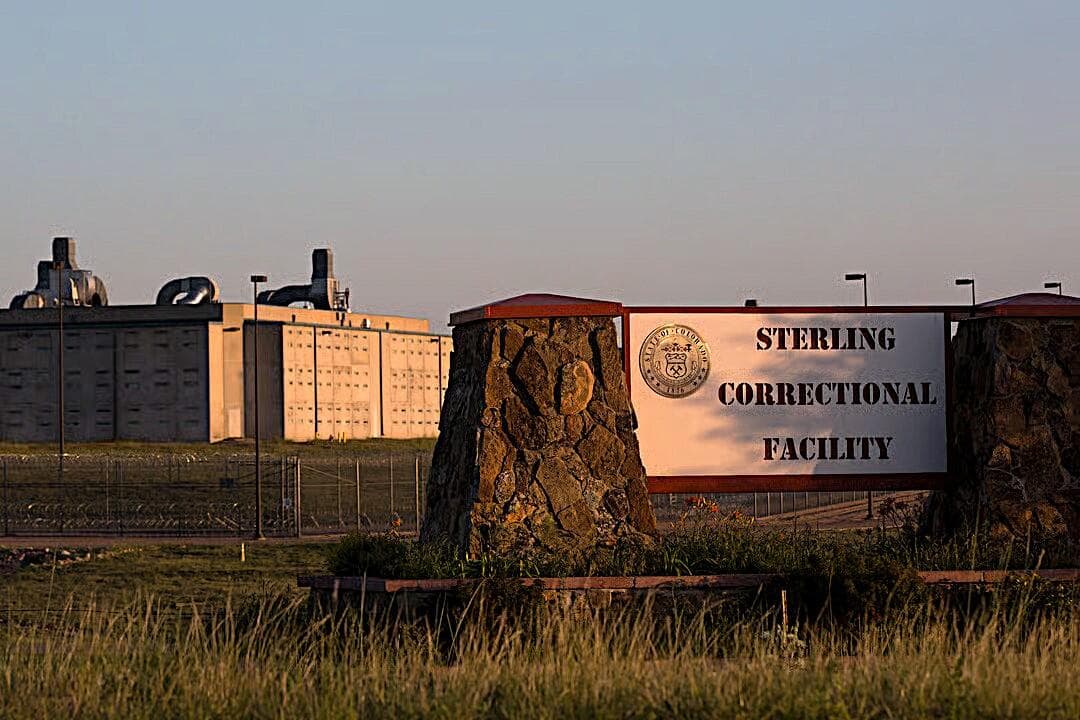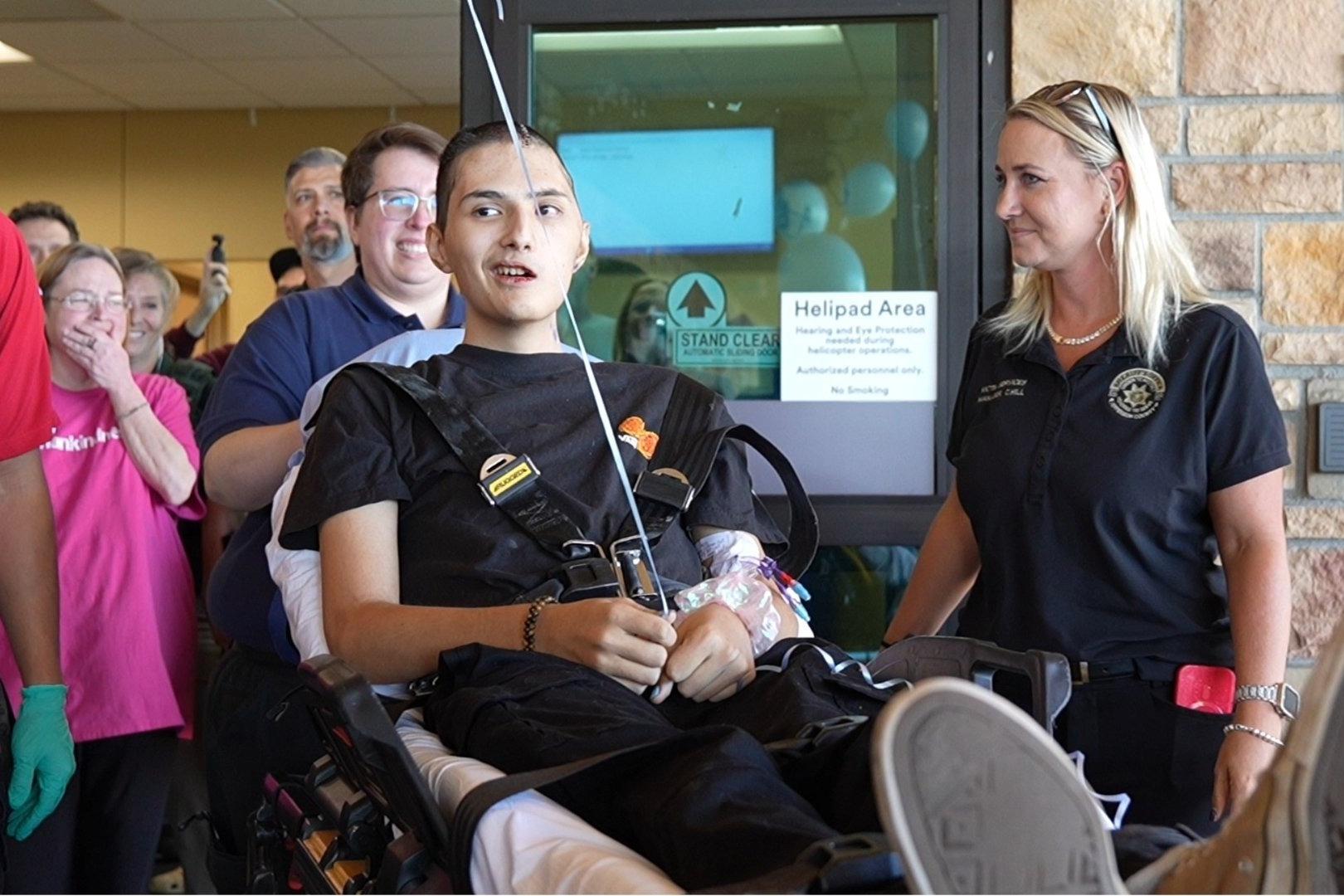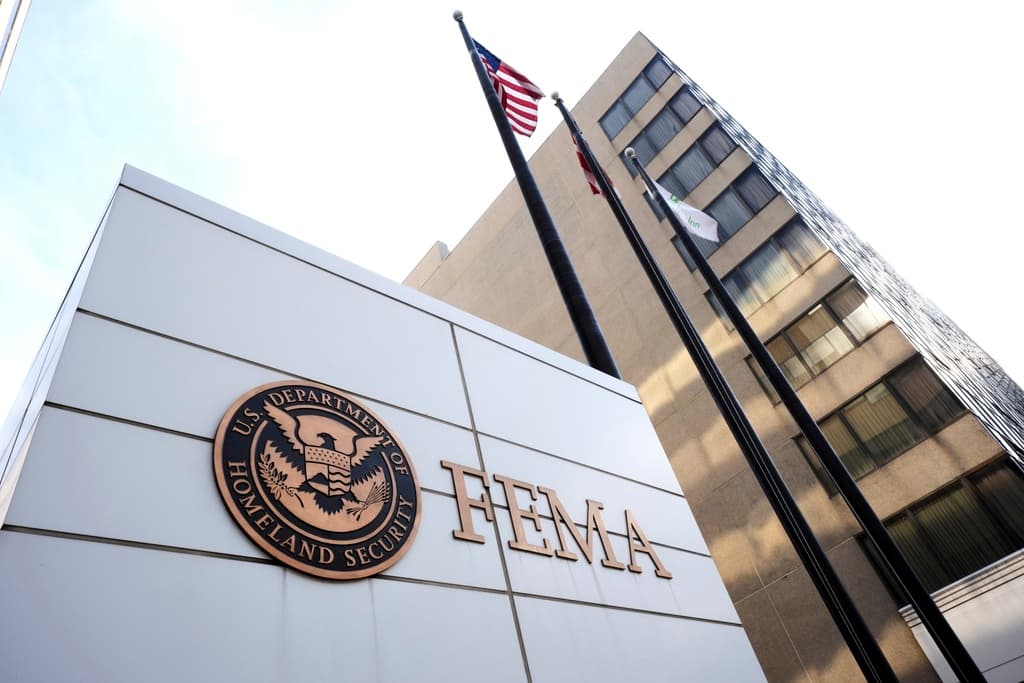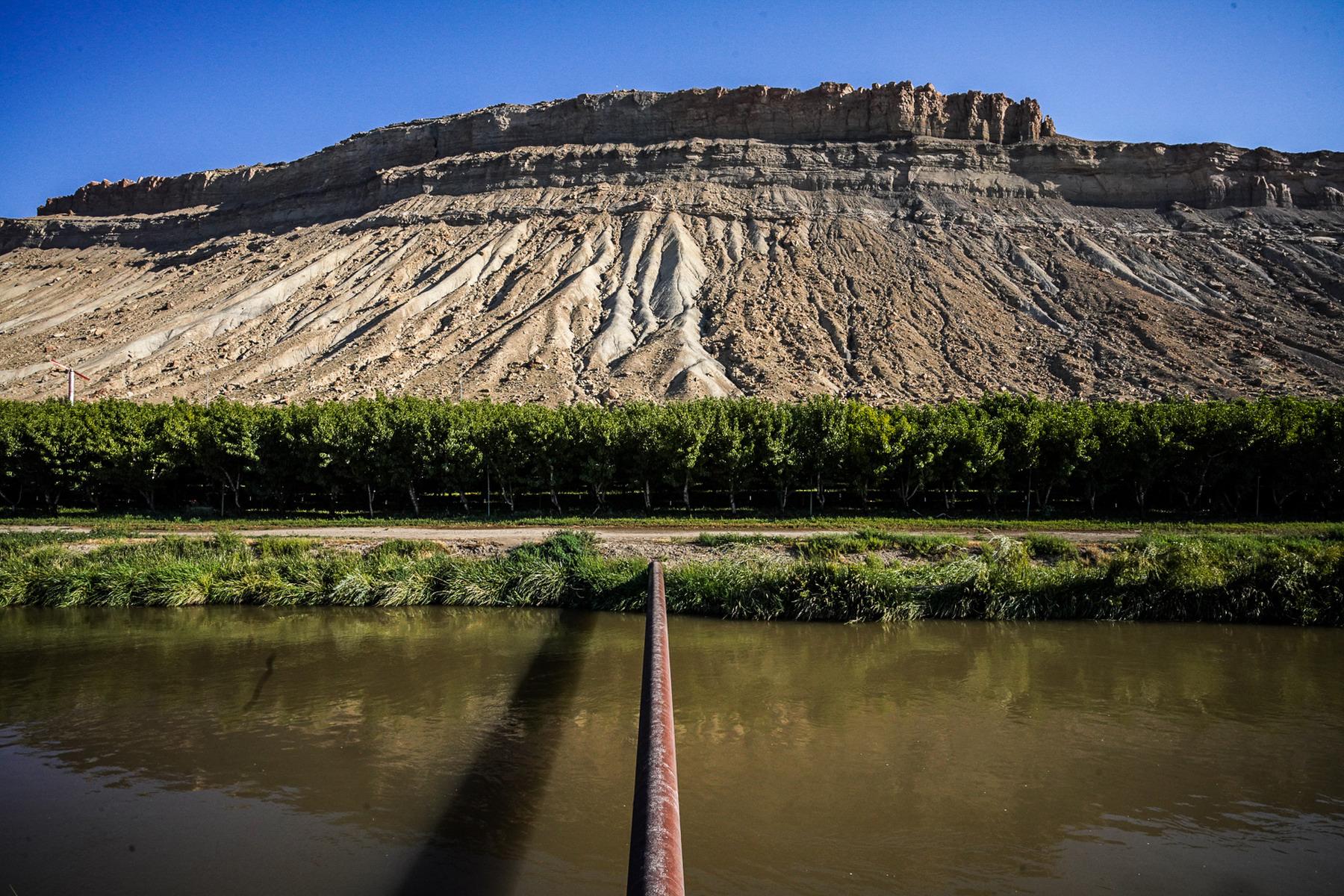
For more than four decades, the Colorado West Land Trust has conserved thousands of acres of Western Slope land from tree orchards to sprawling ranches. But, in some instances, executive director Rob Bleiberg said, a good marker of their success is in what hasn’t changed.
The land trust was formed by Palisade-area fruit growers with the intention of preserving the farmland in the region. Bleiberg said much of the area's agricultural staying power is due to decades of conservation agreements that ensure the orchards will continue to be used for fruit production.
“Next time you go to your farmers market and you buy a peach and you are savoring it, there's a high likelihood that peach was produced on ground that's permanently protected and available for future generations,” Bleiberg said.
The Colorado West Land Trust has been thriving of late in its efforts to conserve land across six Western Colorado counties. This is often done through agreements with landowners that are meant to ensure open space is preserved. In addition to fruit orchards, the land trust has worked with ranchers on Grand Mesa to guarantee protections for valuable watersheds and pieced together multiple properties in Grand Junction to make way for a bike path to one of the area’s preeminent trail networks.
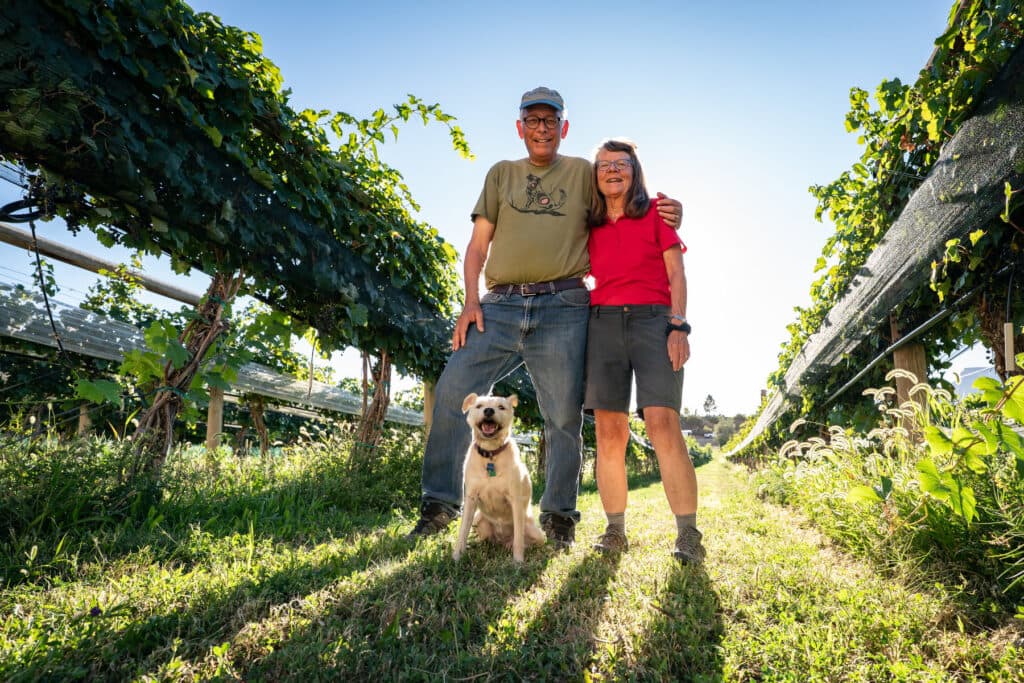
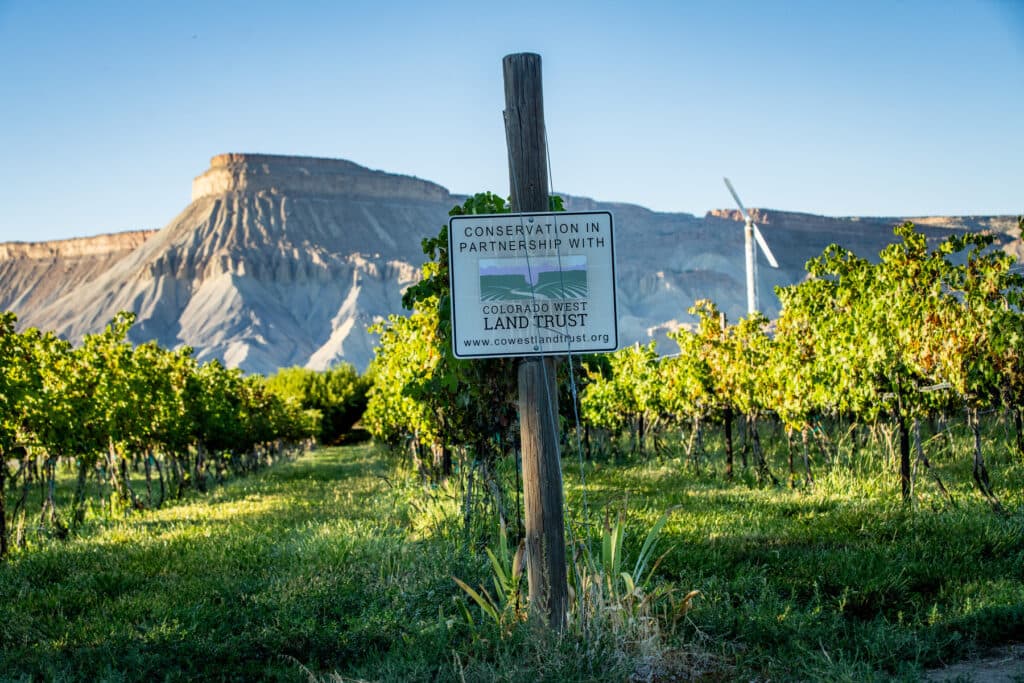
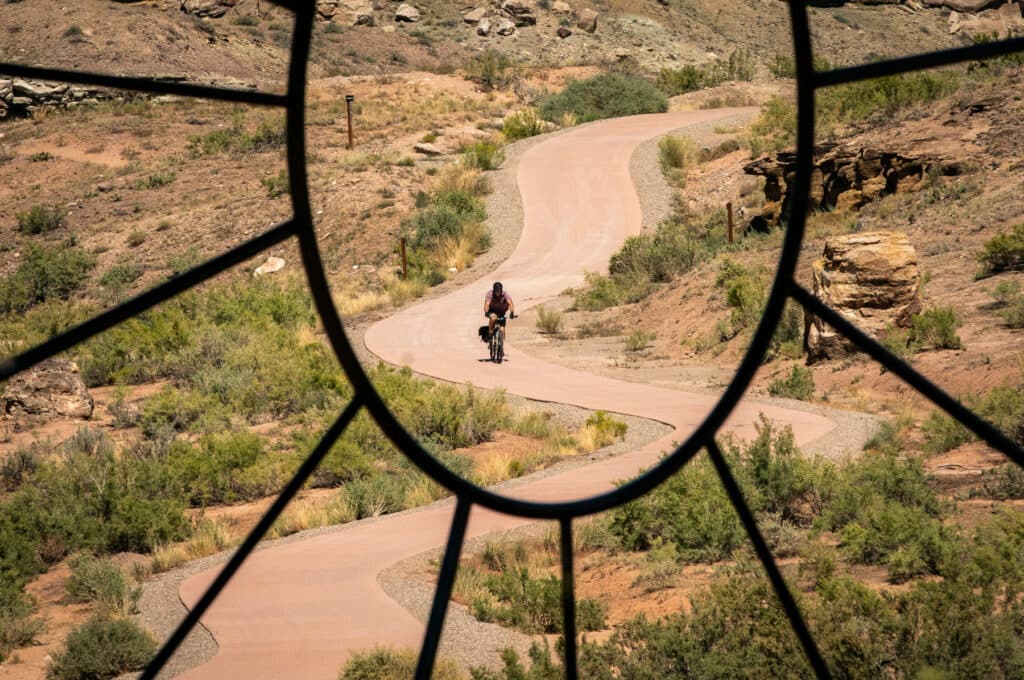
Here are three takeaways from Bleiberg’s conversation with Colorado Matters Senior Host Ryan Warner about the land trust’s work.
These answers have been edited for length and clarity.
On the link between produce and protection
Bleiberg: We are committed to conserving a sufficient amount of land to support that (agricultural) industry into the future. It's the beautiful habitat along the Colorado River and it's really a signature landscape for our community. It defines our place. It punches well above its weight economically. I mean, hundreds of millions of dollars of economic activity occur from what's less than six square miles of fruit production in Mesa County.
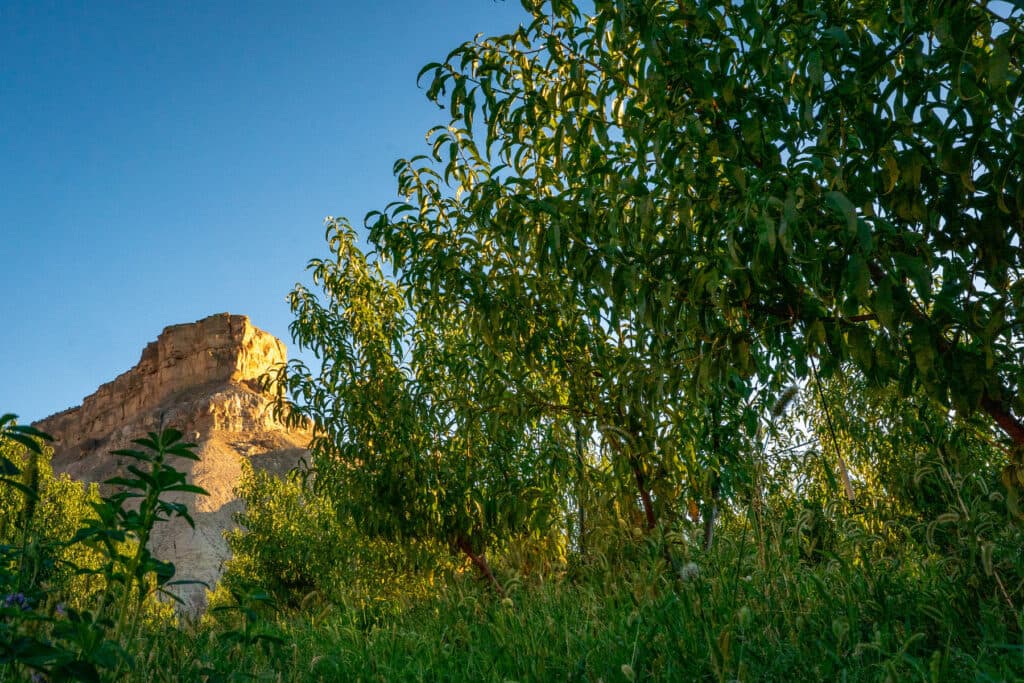
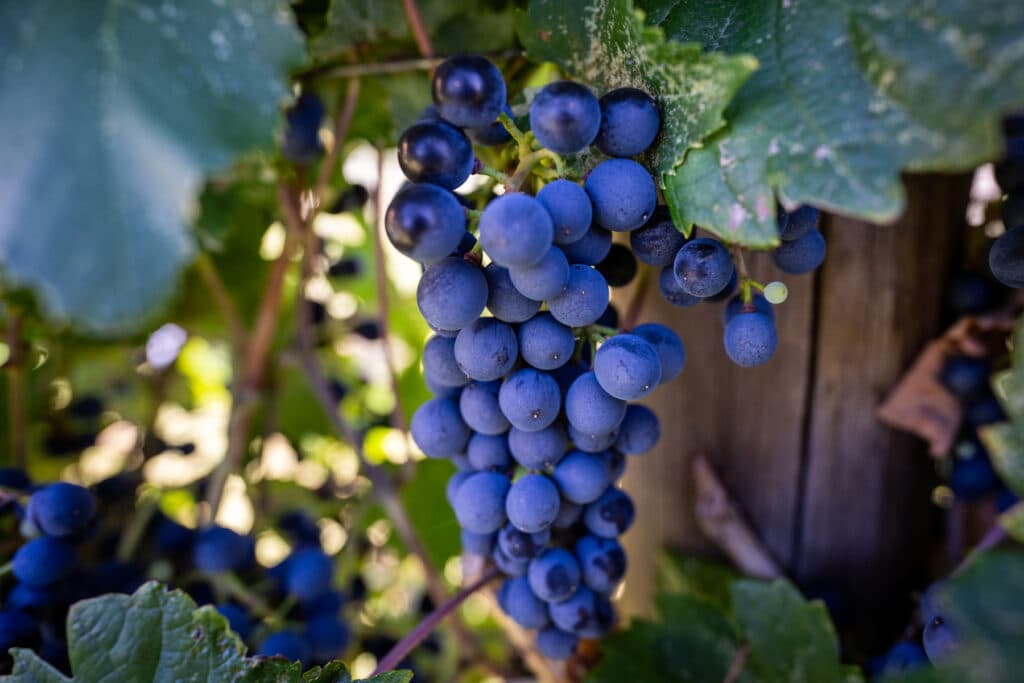
Eating that peach on a July afternoon or sweet corn from Olathe or drinking wine that comes out of our West Slope vineyards. And for other folks, when you're eating your Pueblo chilies, there's a good chance that that was produced on ground that's permanently protected for future generations in our enjoyment today.
On the tax incentive that makes it possible
Bleiberg: Colorado is the national leader in private land conservation because we have perhaps the most powerful tool. It's a transferable tax credit and that sounds very wonky and dry and it is. And at the same time, next time you have your sip of wine that's grown on a protected farm vineyard or you eat that peach, there's a direct through line between that and the state tax credit. But at the same time, if a landowner if their ultimate goal is maximizing their bottom line, they're not going to do conservation on their property.
On why so many landowners have recently committed to conservation easements
Bleiberg: What I have noticed is there is a sense of urgency and it predated the last election. There's a sense of — and this may stem more from the pandemic and some of the impacts we saw from that — but I am seeing more urgency from landowners to protect the landscapes they cherish. We are seeing significant support from our community that cares deeply about the landscapes of Colorado and wants to do something about it and might feel powerless. And they realize that by supporting the land trust, they can help achieve their dreams for the landscapes that they've come to love.
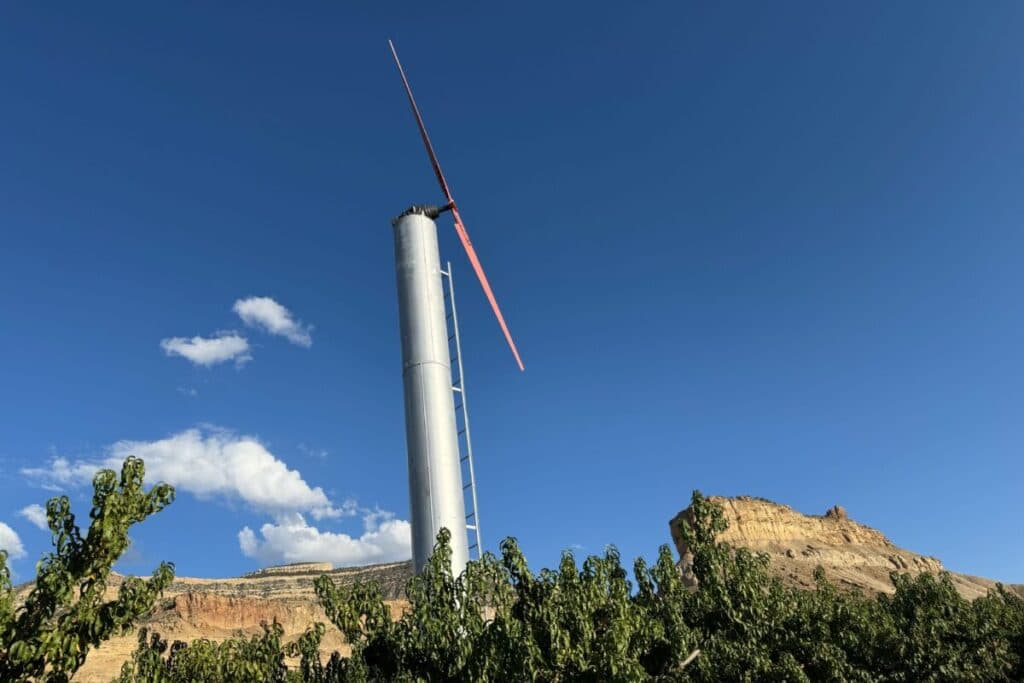
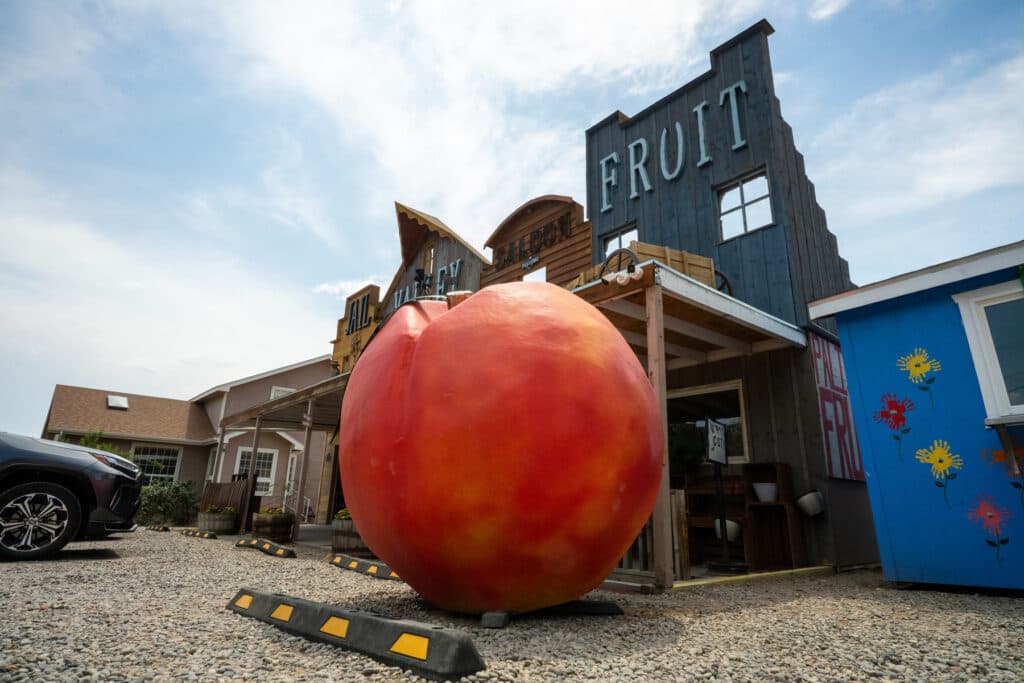
I mean, we saw hordes of recreationists descending on Western Colorado public lands (during the pandemic). We saw a crazy real estate boom that obviously has tailed off a little bit, but we're still feeling the aftershock of crazy real estate, where people realized, ‘Hey, I can do my work in this incredible landscape in Western Colorado. I can sit in my office in Grand Junction or in Montrose or Ridgeway and I can work remotely.’
And so we saw huge impacts and stresses on our real estate market from that phenomenon. And I would also add that we're also seeing, and this is a wonderful thing, we're seeing more and more use of our natural lands because people realize that for their mental health, for their wellbeing, it's so beneficial to spend time outside in nature. And so all of these things have combined to create a sense of urgency in the region.


